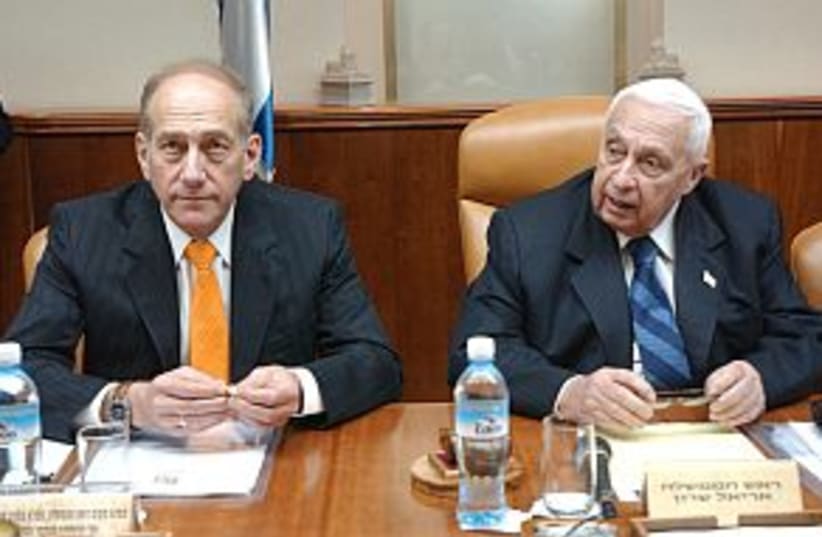| More about: | Kadima, Arabic language, Hosni Mubarak, Arab citizens of Israel |
Israeli Islamist mulls joining Kadima
Arab-Israeli press report that Sharon is trying to draft Arab leaders.


| More about: | Kadima, Arabic language, Hosni Mubarak, Arab citizens of Israel |